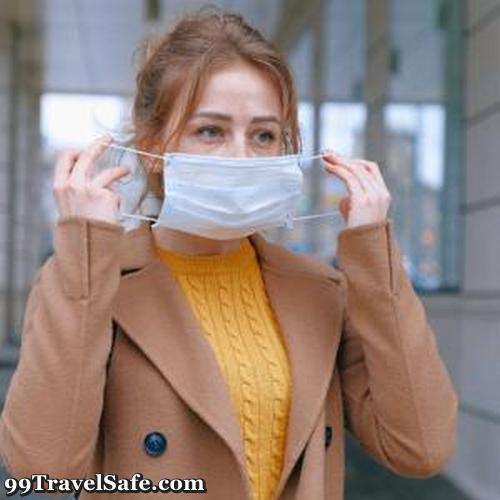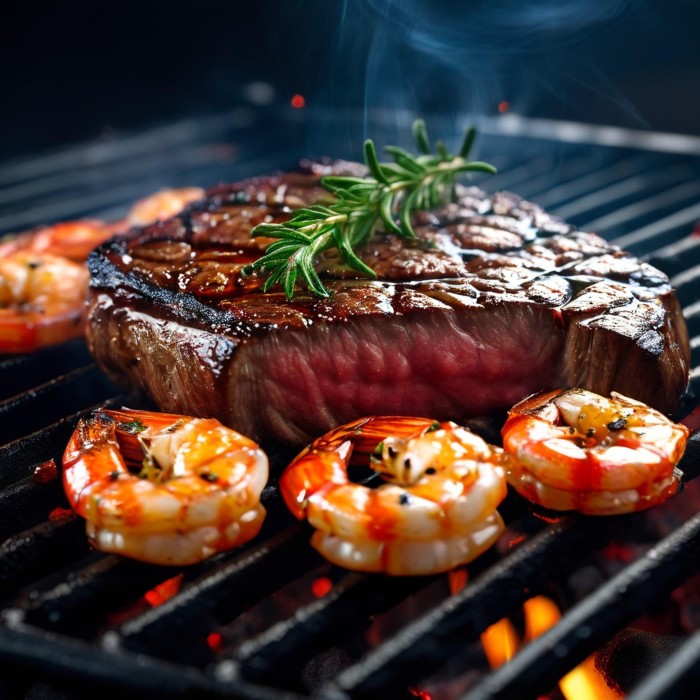

99TravelSafe.com
The Website For The Smart and Savvy Traveler
13 - Travel Diseases from Food and Drink


Travel Diseases from Food and Drink


FAILURE to observe proper precautions regarding food and drinks could result in severe disease during travel
Traveler’s Diarrhea
Traveler’s diarrhea is acquired through the ingestion of fecal-contaminated food or water, or both
Both cooked and uncooked foods might be implicated if they have been improperly handled. Especially risky foods include raw or undercooked meat, seafood, raw fruits and vegetables. Tap water, ice, and unpasteurized milk and dairy products can also be associated with an increased risk of Traveler’s diarrhea
More than 60% of travelers staying in less developed countries for more than two weeks will get diarrhea. It typically results in four to five loose or watery stools per day. The duration of diarrhea is 3 to 4 days. Travelers can experience more than one episode of diarrhea during a single trip. It rarely is life-threatening
Most cases of diarrhea are self-limited and require only simple replacement of fluids and salts lost in diarrheal stools. This is best achieved by use of an oral rehydration solution
Hepatitis A
Hepatitis A is a liver disease caused by the hepatitis A virus (HAV)
HAV is usually spread from person to person by putting something in the mouth that has been contaminated with the stool of a person with hepatitis-A
Symptoms OF HAV infection include jaundice, fatigue, abdominal pain, loss of appetite, nausea, diarrhea and fever
Vaccination is effective in preventing the disease. Hepatitis A vaccine is the best protection!


More on Travel Diseases from Food and Drink


Typhoid Fever
Typhoid fever is a life-threatening illness and is still common in the developing world, where it affects about 12.5 million people each year
Typhoid treatment with antibiotics is available. Vaccine is effective!
E.Coli Diarrhea
E. coli is the most common cause of travelers’ diarrhea and has also caused several food-borne outbreaks in Western countries. Transmission is through food or water contaminated with human or animal feces
Person-to-person transmission may also occur, but is likely to be less common
Cholera
Cholera is an acute illness and is transmitted through contaminated water and food. The infection is often mild or without symptoms, but sometimes can be severe
Antibiotics shorten the course and diminish the severity of the illness, but they are not as important as rehydration
Vaccine against cholera is available!


In General, to Prevent Travel Disease through Food and Drink;


Foodborne diseases, also known as food poisoning, are illnesses caused by consuming contaminated food or beverages. These can be caused by bacteria, viruses or parasites, and can range in severity from mild gastroenteritis to life-threatening complications
Avoid eating raw, unpeeled fruits or vegetables
Drink only boiled or filtered water or bottled water with unbroken seal. Avoid drinking tap or well water or using ice made with tap or well water.
Eat freshly cooked, searing hot food!
Frequently wash your hands (If there is no running water use of hand sanitizer with alcohol is recommended)
Reduce exposure to mosquitoes!








